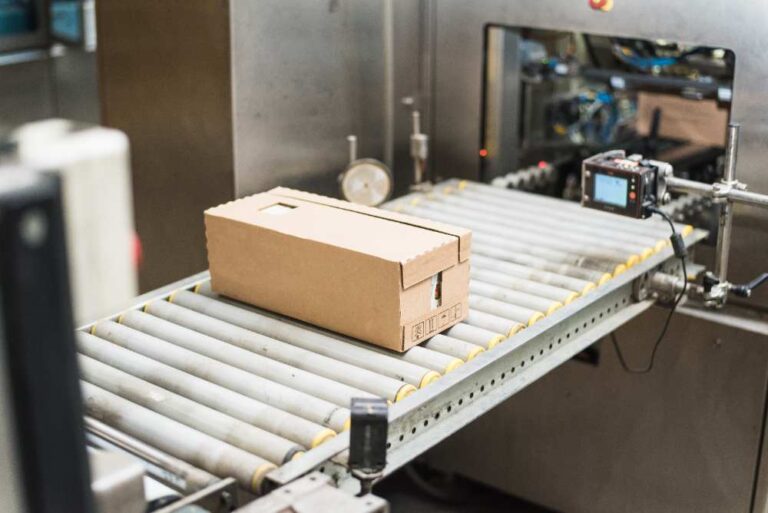Undergoing neurosurgery can be a daunting experience, whether it’s for a brain or spine condition. The road to recovery is highly individual, with pain management playing a crucial role in how quickly and comfortably a patient heals. This article explores various aspects of pain management and what to expect during the recovery process after brain or spine surgery.
What to Expect After Neurosurgery
After neurosurgery, whether it’s brain surgery for a tumor removal or spinal surgery for conditions like herniated discs or spinal stenosis, patients typically experience some level of pain and discomfort. The intensity and duration of pain can vary depending on the complexity of the surgery and the individual’s overall health.
The body’s natural response to surgery includes inflammation, which can cause swelling and pressure around the surgical site, particularly after craniotomy (surgery to remove part of the skull) or spinal fusion surgery. Managing this pain effectively can speed up the recovery process and improve the overall outcome.
Postoperative Pain Relief
Post-surgical pain is common, but it can be effectively managed through a variety of methods, including:
- Medications
After both cranial procedures and spinal surgeries, pain medications are typically prescribed to keep discomfort under control. These may include:- Non-opioid analgesics: Medications like acetaminophen or ibuprofen help manage mild to moderate pain and reduce inflammation.
- Opioid pain relievers: In cases of more severe pain, opioids may be prescribed for short-term use under strict medical supervision to minimize the risk of dependency.
- Nerve blocks: In some spinal surgeries, a nerve block may be administered to numb the affected area, providing immediate relief for several hours post-surgery.
- Steroids for Inflammation
Swelling is a common concern following brain surgeries like craniotomies or spinal decompression surgeries. Corticosteroids are often used to reduce swelling around the brain or spinal cord, which helps lower the risk of complications like increased intracranial pressure or nerve damage. - Cold Therapy
Applying ice packs to the affected area can help reduce swelling and numb the surgical site, providing short-term pain relief. It’s a simple, non-invasive way to complement prescribed medications during the first few days of recovery.
Rehabilitation and Physical Therapy
After neurosurgery, particularly for spinal conditions, physical therapy is a key part of the recovery process. Depending on the type of surgery, your doctor may recommend starting with light exercises to help regain mobility and strength.
- Spinal Surgery Recovery
For procedures such as spinal fusion or discectomy, the goal of physical therapy is to improve posture, core strength, and flexibility, which are essential for long-term spinal health. A physical therapist will guide patients through exercises that can ease tension, rebuild muscle, and promote a full range of motion. - Brain Surgery Recovery
After brain tumor removal or surgeries involving the nervous system, rehabilitation may include occupational therapy and cognitive exercises to restore speech, memory, and fine motor skills. Physical therapy might also be necessary to address any balance or coordination issues caused by the surgery.
Long-Term Pain Management
For some patients, pain may persist beyond the initial recovery phase, especially following spinal surgeries. Long-term pain management strategies include:
- Neuromodulation Techniques
In cases where pain becomes chronic, treatments like spinal cord stimulation or peripheral nerve stimulation may be recommended. These therapies deliver electrical impulses to the nervous system, which can help block pain signals and reduce reliance on medications. - Medication Management
Long-term use of certain medications, such as anti-inflammatory drugs, muscle relaxants, or drugs that target nerve pain, may be part of your post-surgical care plan. These medications help manage chronic discomfort without the risks associated with prolonged opioid use. - Lifestyle Adjustments
In addition to medical treatments, lifestyle changes can significantly contribute to pain management and recovery after neurosurgery. Maintaining a healthy diet, staying hydrated, engaging in regular low-impact exercise, and managing stress can all improve pain outcomes.
Monitoring for Postoperative Complications
Though neurosurgery can bring relief from severe conditions, it’s important to stay vigilant for any signs of complications after surgery. Common issues to watch for include:
- Persistent or worsening headaches
- Signs of infection (fever, redness, or swelling at the surgical site)
- Cerebrospinal fluid leaks, which may cause clear fluid drainage from the nose or ears
- Neurological changes such as difficulty speaking, weakness, or confusion
If any of these symptoms occur, contact your healthcare provider immediately.
Rest and Gradual Return to Normal Activities
After spinal surgery or brain surgery, rest is crucial for healing, but so is gradually resuming activities. Follow your doctor’s guidelines closely, starting with light activities and slowly increasing intensity over time. For most patients, it takes several weeks to a few months to fully recover, though this timeline may vary depending on the complexity of the procedure and individual healing rates.
Book an Appointment at Gleneagles Hospitals Penang
If you are preparing for neurosurgery or recovering from a procedure, the experienced team at Gleneagles Hospitals Penang is here to support you. We offer comprehensive care plans, including pain management strategies, rehabilitation services, and long-term follow-up to ensure the best possible outcome. Contact us today to learn more about your treatment options.








